Journey to Social Inclusion – ending homelessness in Australia
In this video, Sacred Heart Mission CEO Cathy Humphrey, former J2SI Program Manager Karen Lococo and Anna Paris, former Operations Manager Engagement Hubs and Individual Planned Support, talk about the J2SI program and what makes it one of the most successful initiatives to end homelessness in Australia. We also hear from Professor Paul Flatau, Director of the Centre for Social Impact at The University of Western Australia, who assessed the impact of J2SI.
Anna Paris: Often the people that we’re working with, they’ve been entrenched in long-term cycles of homelessness. They’ve often had different life issues that have impacted on them and actually worsened during their experience of homelessness – issues around drug and alcohol use, mental health or lack of connection with their friends, family, and community, often a loss of employment or inability to get back into meaningful employment and a lot of social isolation as well.
Cathy Humphrey: Our journey in terms of developing J2SI actually began a decade ago. And by and large, what we found back then is that people were cycling in and out of homelessness. Traditionally, government funds programs with kind of shorter durations, three months of support. And it’s kind of the same approach for everyone.
J2SI differentiates and says, ‘for this particular group of people who’ve experienced long-term homelessness a different approach is required.’
Karen Lococo: We work with people for up to three years. So we’re able to track them over time and really get a sense of what works for them. And if something’s not working, we can adapt the approach and we can refer them somewhere else.
Prof. Paul Flatau: Journey to Social Inclusion program is built around a holistic approach: big focus on housing; they’ve got very good health supports, recognising the mental health, physical health and drug and alcohol issues that many face.
Anna Paris: It provides a component that we call building up skills, helping people connect into the community and also get into employment or some other sort of meaningful activity.
One of the big things that we’re doing over the three years of support that J2SI provides is really looking at how do we promote independence for people so that they can move away from the homelessness service system and be part of the broader community like everyone else.
Karen Lococo: We had a guy who was sleeping wherever he could and now he’s in an apartment, he’s working full time. He’s connected with his case manager, but beyond that, he started to connect with his family again. And that’s a lot of what we’ve seen. We’ve seen people who start to feel like people again.
Prof. Paul Flatau: What we found with Journey to Social Inclusion is a long-term success. We are seeing better housing rates and that’s critical to stability and success in the future.
Cathy Humphrey: We ran a pilot of J2SI between 2009 and 2012. So that allowed us to look at what was the cost of the intervention versus the cost benefit of the actual outcome for the individual.
Prof. Paul Flatau: The cost of providing support on average is much less than the cost to the government of not providing support – particularly in the health area, but also in the justice area, particularly for younger people.
Cathy Humphrey: We think there’s an opportunity to takeJ2SI under license across Australia so that we can work in partnership with service providers through a center of excellence, to deliver J2SI to so many more Australians that are living in long-term homelessness.
Anna Paris: We are now doing the second phase of J2SI, which is scaling up and replicating with more people over a greater area and the next exciting step is to run a phase three for J2SI. And that will actually be scaled up to support 180 people over a five-year period. So we’ll actually have three intakes of 60 in year one, in year two and year three, starting from August this year. So that’s really exciting.
Cathy Humphrey: For investors, you need to understand that it is a proven credible model. We know it works and we know it delivers impacts for people. It is a safe investment.
Prof. Paul Flatau: From a stable base you can get into employment and therefore, welfare costs are reduced. And at the same time, tax increases. You’re looking at a range of benefits to government and therefore to society which are purely financial in nature. Coming from a broader economic position, I would say that society as a whole is prepared to accept a cost to providing support to seeing people in a much better position than they are.
Cathy Humphrey: I know J2SI has impacts, I know, J2SI changes lives, and it’s exciting to be part of that.

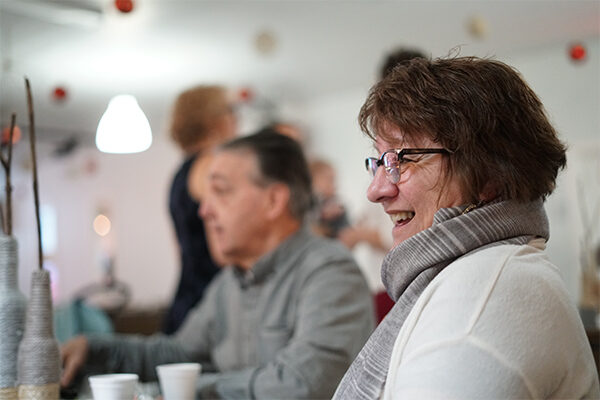
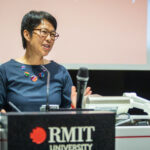
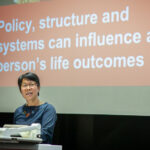
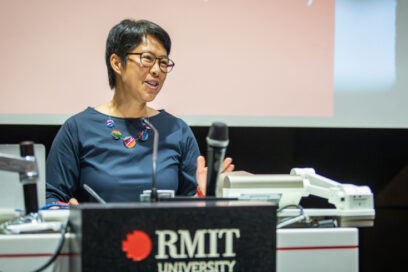
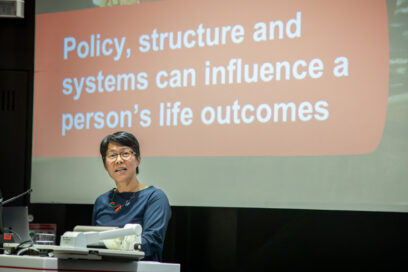

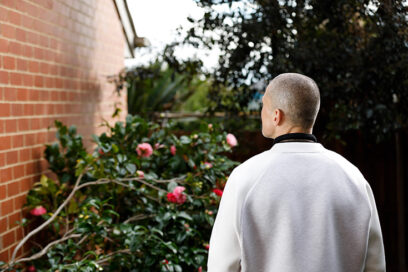
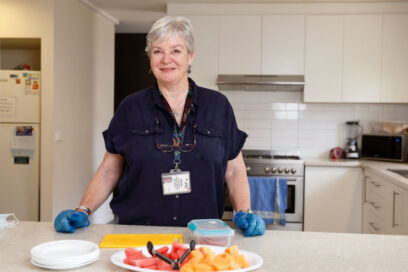

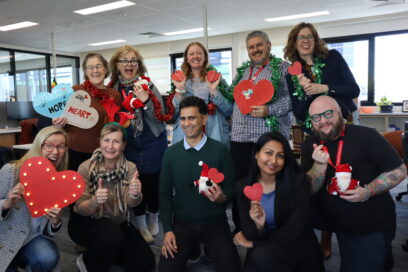

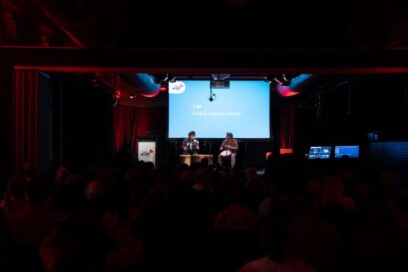
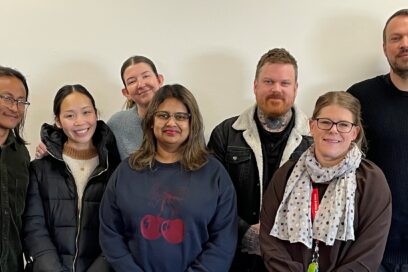
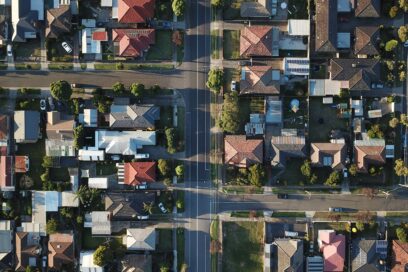
Social inclusion is good for our community – and the economy
Social exclusion affects millions of people in Australia. It forces marginalised communities to opt out of markets, services and spaces, with significant tolls to both individuals and the economy.
Researchers have calculated social exclusion costs the Australian economy $45 billion each year.
Experts estimate by making our society more inclusive, we could boost Australia’s productivity, improve employment outcomes and reduce costs for our public health and social system – which would lead to a GDP growth of $12.7 billion per year.